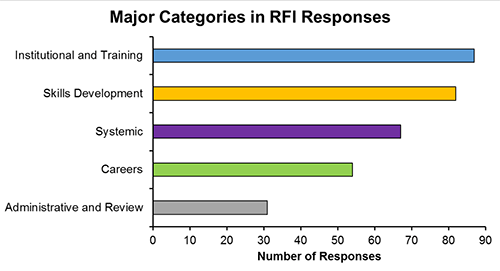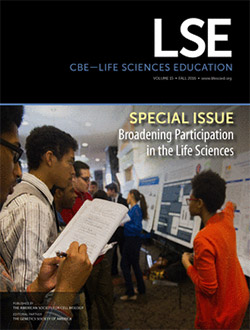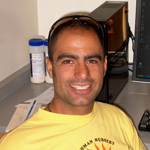Archived: Your Perspectives: Catalyzing the Modernization of Biomedical Graduate Education
November 2, 2016
Continue Reading
Archived: Moving Further Afield
September 21, 2016
Continue Reading
Archived: New Tool for Building Mentor/Mentee Connections
September 20, 2016
Continue Reading
Archived: Special Issue of <em>CBE-Life Sciences Education</em> Advances the Science of Broadening Participation
September 9, 2016
Continue Reading
Archived: Webinar for Bridges Applicants
August 1, 2016
Continue Reading
Archived: Outcomes Analysis of the NIGMS Institutional Research and Academic Career Development Awards (IRACDA) Program
June 30, 2016
Continue Reading
Archived: Give Input on Strategies for Modernizing Biomedical Graduate Education
June 9, 2016
Continue Reading



 I’m very pleased to announce a new annual lecture to highlight the achievements of some of NIGMS’ early career grantees.
The first
I’m very pleased to announce a new annual lecture to highlight the achievements of some of NIGMS’ early career grantees.
The first